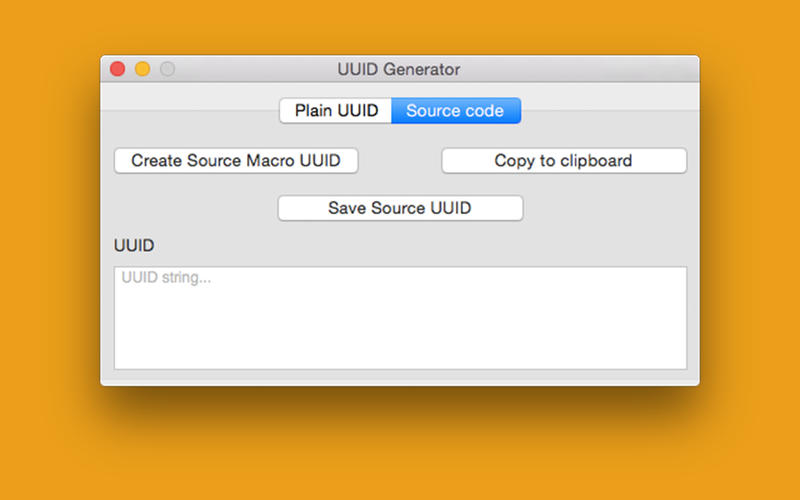

If you are an application developer, you would typically create one API key for each application you make that uses RANDOM.ORG. This fun API endpoint will tell you what version a specific UUID is. An API key is a UUID generated for you by RANDOM.ORG and can look like the following: ebfb7ff0-b2f6-41c8-bef3-4fba17be410c. This can be useful for many purposes and also is more efficient for storing in indexed database columns.

What is special about Timestamp-first UUIDs is that timestamp is at the beginning of the UUID so when stored in a database they will appear in the order they were created. These UUIDs have the current timestamp embedded in them to insure uniqueness. Timestamp-first (also, called "timestamp-first" or "ordered UUIDs") are similar to version-1 and version-4 UUIDs. The main differences is SHA-1 algorithm is used instead of MD5. Both versions are deterministic based on a namespace and name. Version-5 UUIDs are similar to version-3. Version-1 is based, in part, on the time while version-4 is not. Version-4 UUIDs are similar to version-1. (Thank you to those who reported this issue on Github) This avoids some problems related to URL encoding certain characters. You can also base64 encode your "name" parameter. Namespace must be "ns:url", "ns:dns", "ns:OID", "ns:X500" or a properly formatted UUID. This API does not allow you to generate multiple UUIDs at once because they would all be the same. If you provide the same input you will get the same output every time. Version-3 UUIDs are deterministic and are based on an MD5 hash of the namespace place name you supply. Learn more about the different UUID versions. We do not provide a version-2 UUID generator. Version-1 UUIDs are based on time, the computer generating the UUID (in this case, it's our server), and pseudo-randomness. This is the same API that powers our UUID generator.Įndpoints that accept a count argument allow you to create up to 100 UUIDs at once.Īll endpoints are limited to 60 requests per minute per IP address. We support generating all major UUID versions including version-1, version-3, version-4, version-5 and "timestamp-first" UUIDs. This API allows you to create UUIDs and GUIDs quickly on-the-fly for testing purposes.


 0 kommentar(er)
0 kommentar(er)
